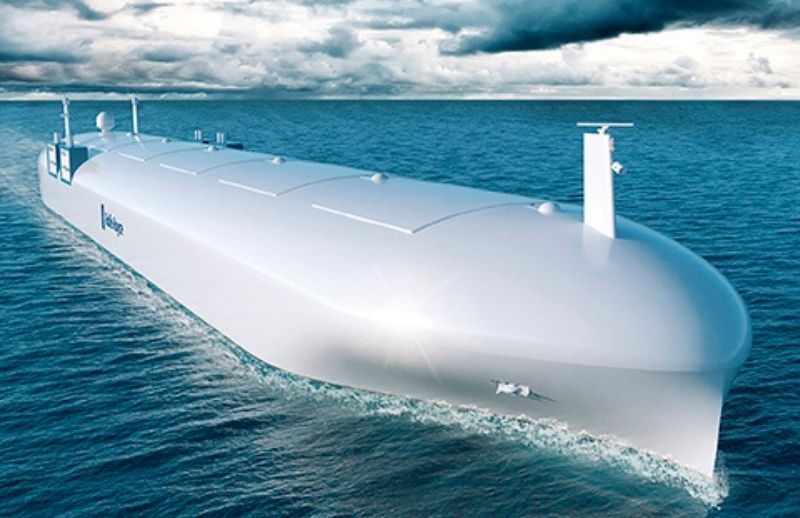New Technologies in Maritime Autonomous Ships and Drone
The rapid progress of technology creates a great transformation in the maritime industry. In addition to traditional maritime applications, innovations such as autonomous ships and drone technologies offer more effective, efficient, and safe solutions in maritime activities. In this blog post by Maritime Goods team, we have compiled for you the focus of new technologies in maritime, autonomous ships, and the use of drones.
Autonomous Ships:
Autonomous ships are ships that navigate and perform their duties without human intervention. Thanks to advanced sensors, artificial intelligence, and autonomous navigation systems, these ships determine their paths and reach their destinations. Autonomous ships offer many advantages:
a. Safety: Autonomous ships increase maritime safety by minimizing human-related errors. Accidents caused by human errors are prevented.
b. Efficiency: Autonomous ships operate more efficiently, reducing fuel consumption and increasing energy efficiency. The space required for human crews can be used as cargo space on autonomous ships.
c. Cost: The operating costs of autonomous ships are reduced by eliminating elements such as human crew salaries and safety measures.
d. Eco-Friendly: Autonomous ships reduce environmental impact thanks to more sensitive navigation systems and provide a more sustainable option for the marine ecosystem.
Drone Usage:
Drone technology is also becoming more common in the maritime industry. Drones are used in many different areas at sea:
a. Maritime Surveillance and Reconnaissance: Drones can perform surveillance and reconnaissance missions in matters such as security at sea, smuggling, and piracy. Remote-controlled drones can monitor areas around ships and detect potential threats.
b. Marine Surveys: Drones can be used to monitor the ecological health of the seas, analyze water quality, and survey marine life. In this way, more data can be collected on topics such as marine biology, the environment, and climate change.
c. Cargo Delivery: Drones are also used in freight delivery in the maritime industry. Drones can be preferred especially for the rapid transportation of emergency medical supplies and other small-scale cargoes by sea.
d. Maritime Security: Drones can be used to secure ships. It can conduct area scans, monitor security cameras and detect potential risks for ship and port security.
The maritime industry is embracing the opportunities brought by new technologies such as autonomous ships and drone technologies. While autonomous ships offer advantages in areas such as safety, efficiency, cost, and environmental impact, drones can be used in various fields such as maritime surveillance, surveys, cargo delivery, and security. These technological innovations enable the maritime industry to move towards a more innovative, efficient, and sustainable future.
The use of new technologies in the maritime should be supported by the cooperation of actors and regulatory bodies in the sector. Thus, safer, environmentally friendly, and more efficient maritime activity can be carried out in the seas.

